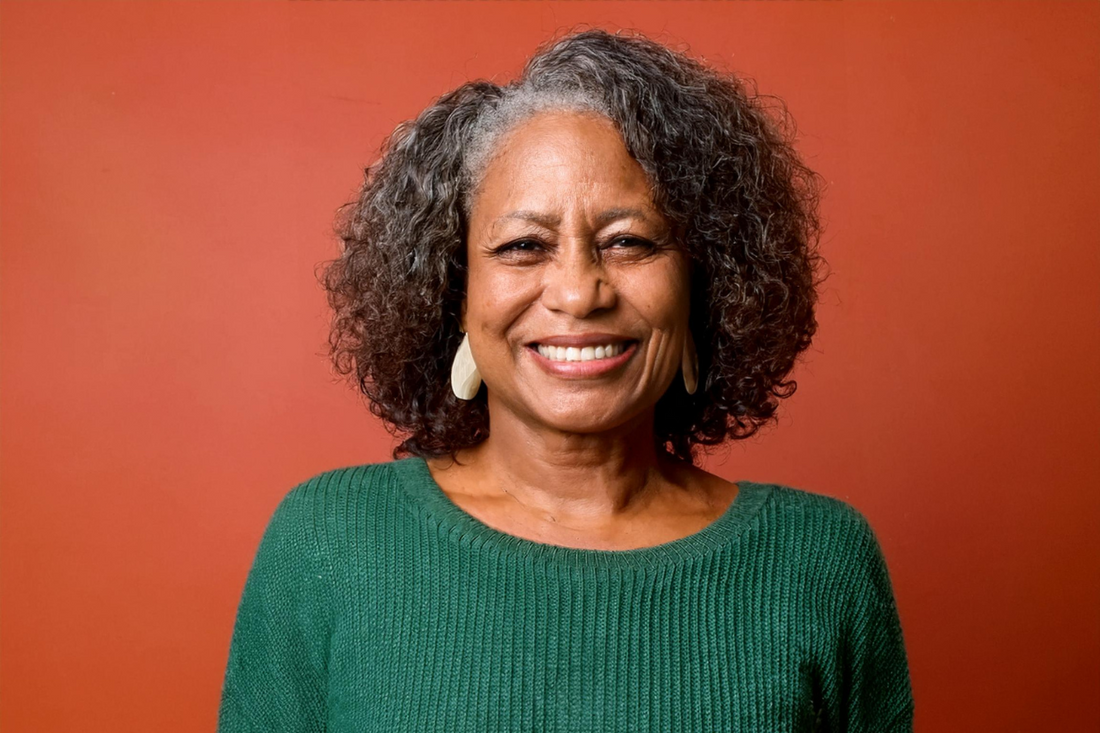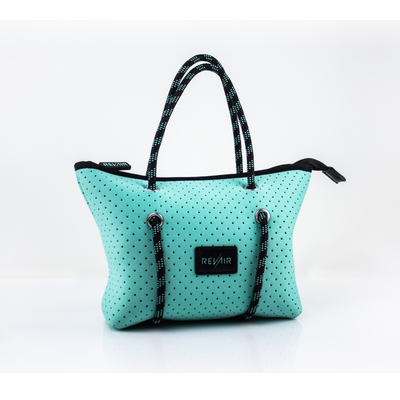
How Your Hair Changes As You Age: What to Expect and How to Care for It
Aging brings with it a series of changes—both inside and out. Just like your skin, your hair undergoes transformations as you get older. You may have noticed your hair feeling a little different than it used to—perhaps it’s less voluminous, more brittle, or prone to graying. These changes are completely normal and are part of the natural aging process. However, understanding what happens to your hair as you age can help you make informed choices about how to care for it.
Today we'll explore the most common changes your hair experiences with age and offer practical tips on maintaining healthy, beautiful locks through the years.
Common Changes in Hair with Age
As we age, our bodies produce fewer nutrients, hormones, and proteins essential for maintaining healthy hair. This process results in noticeable changes in the texture, color, and overall health of our hair. Here are some of the most common transformations.
Hair Thinning
One of the most prominent changes people experience as they age is hair thinning. The hair growth cycle slows down, which can lead to thinner strands. Hair follicles shrink, and some even stop producing hair altogether. This results in less hair density over time, making your hair look and feel thinner than it once did.
Both men and women experience this thinning, but the extent and pattern can differ. Men often notice a receding hairline or balding at the crown, while women tend to experience diffuse thinning across the scalp.
Hair Dryness
As we age, our scalp produces less sebum, the natural oil that helps keep hair moisturized and shiny. A decrease in sebum production leads to drier hair, which can cause it to become brittle, more prone to breakage, and less manageable. The hair shaft also loses its elasticity, making it more susceptible to damage from styling and environmental factors.
Hair Graying
One of the most obvious changes in hair as we age is the loss of pigment, which results in graying. Hair gets its color from melanin, a pigment-producing substance in hair follicles. Over time, melanin production slows down and eventually stops, leading to the growth of gray or white hair.
While graying is a natural part of aging, factors such as genetics, stress, and even nutrition can accelerate this process. Some people may begin to see gray hairs as early as their 20s, while others don’t experience significant graying until much later in life.
Changes in Hair Texture
Aging can also affect your hair's texture. As hair loses moisture and elasticity, it may become coarser or feel wirier than it did in your younger years. Curly or coily hair types may notice their curls becoming looser or more difficult to define, while straight hair may feel less smooth and sleek.
Hormonal changes, particularly during menopause, can exacerbate these textural shifts. The decline in estrogen levels can affect the hair’s structure, leading to changes in its overall appearance.
How to Care for Aging Hair
While aging is inevitable, there are ways to support and maintain the health of your hair as you grow older. Adjusting your hair care routine to accommodate these changes can make a big difference in how your hair looks and feels. Here’s how to keep your locks in the best shape possible, regardless of your age.
Opt for Gentle Cleansing
With aging hair often becoming drier and more fragile, it’s crucial to choose a shampoo that won’t strip your hair of its natural oils. Look for moisturizing formulas that cleanse gently without over-drying.
For those experiencing dry or brittle hair, RevAir's Extreme Hydration Cleansing Oil Shampoo is an excellent option. This gentle shampoo is formulated with Coconut Water and Hyaluronic Acid to deliver a boost of moisture, leaving your hair feeling soft and hydrated without weighing it down. It’s ideal for anyone with dry, curly, or textured hair that needs extra nourishment.
For individuals dealing with thinning or fine hair, consider using a shampoo that promotes scalp health and hair growth. RevAir's Boost Fullness Revitalizing Shampoo, with Biotin and Turmeric Extract, is designed to cleanse the scalp thoroughly while supporting stronger, fuller hair.
Deep Conditioning is Key
As your hair becomes drier, regular deep conditioning treatments can help restore moisture, smoothness, and elasticity. Deep conditioners are designed to penetrate the hair shaft and provide long-lasting hydration, making them essential for aging hair that’s prone to dryness or damage.
RevAir’s Extreme Hydration Deep Conditioning Treatment works wonders for hair that needs an intense moisture boost. Formulated with nourishing ingredients like Olive Leaf Extract, this treatment helps to strengthen and hydrate the hair from root to tip, improving manageability and reducing breakage.
Incorporate a deep conditioning treatment into your routine at least once a week to keep your hair feeling soft, shiny, and healthy.
Avoid Excessive Heat Styling
Aging hair is more vulnerable to heat damage, so it’s important to minimize the use of high-heat styling tools like curling irons, flat irons, and blow dryers. If you must use heat, always apply a heat protectant to shield your hair from damage and opt for the lowest heat setting possible.
RevAir’s Reverse-Air Dryer offers a unique solution for those who want to dry and smooth their hair without subjecting it to intense heat. This innovative tool uses reverse air technology to dry hair gently and efficiently, reducing the risk of heat-related damage while providing smooth, sleek results.
Nourish from the Inside Out
A well-balanced diet rich in vitamins and minerals can help support healthy hair growth and overall hair strength as you age. Key nutrients to focus on include:
-
Biotin
Known for its role in promoting hair growth and thickness. Biotin can be found in foods like eggs, nuts, and seeds. -
Omega-3 Fatty Acids
These healthy fats help to keep your scalp moisturized and can be found in fish like salmon, flaxseeds, and walnuts. -
Vitamin E
An antioxidant that supports scalp health and helps prevent oxidative stress that can contribute to hair thinning. Avocados, almonds, and spinach are all rich in Vitamin E. -
Iron
A deficiency in iron can lead to hair thinning and shedding. Incorporate iron-rich foods like leafy greens, lentils, and red meat into your diet.
Additionally, staying hydrated by drinking plenty of water throughout the day is vital for maintaining hair moisture and elasticity.
Be Gentle with Your Hair
As hair becomes more fragile with age, it’s essential to be gentle when handling it. Avoid excessive brushing, which can lead to breakage, and use a wide-tooth comb to detangle wet hair without causing damage. When towel-drying your hair, opt for a microfiber towel or a soft cotton t-shirt to blot away excess moisture instead of rubbing it dry.
Also, consider protective styles like braids or twists to reduce manipulation and protect your hair from daily wear and tear.
Embrace the Journey
Aging is a natural part of life, and so are the changes that come with it. While your hair may not be the same as it was in your younger years, that doesn’t mean it can’t look and feel beautiful. By adjusting your hair care routine and being mindful of the products you use, you can continue to nurture your hair and keep it healthy at any age.
Whether you're dealing with thinning, dryness, or texture changes, RevAir’s line of moisturizing and growth-promoting products can help you tackle these challenges head-on. Embrace the journey of aging gracefully while giving your hair the love and care it deserves.
















